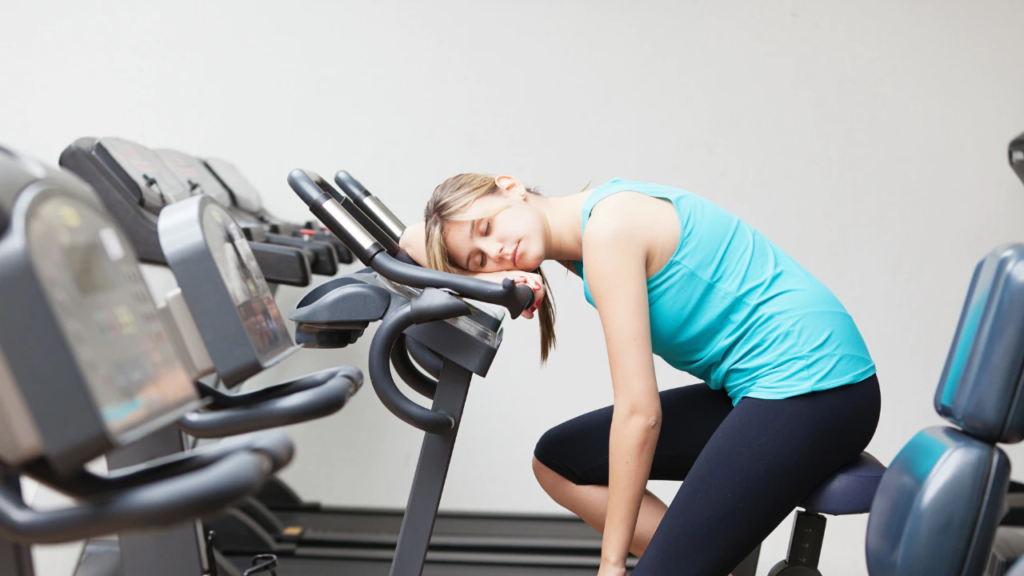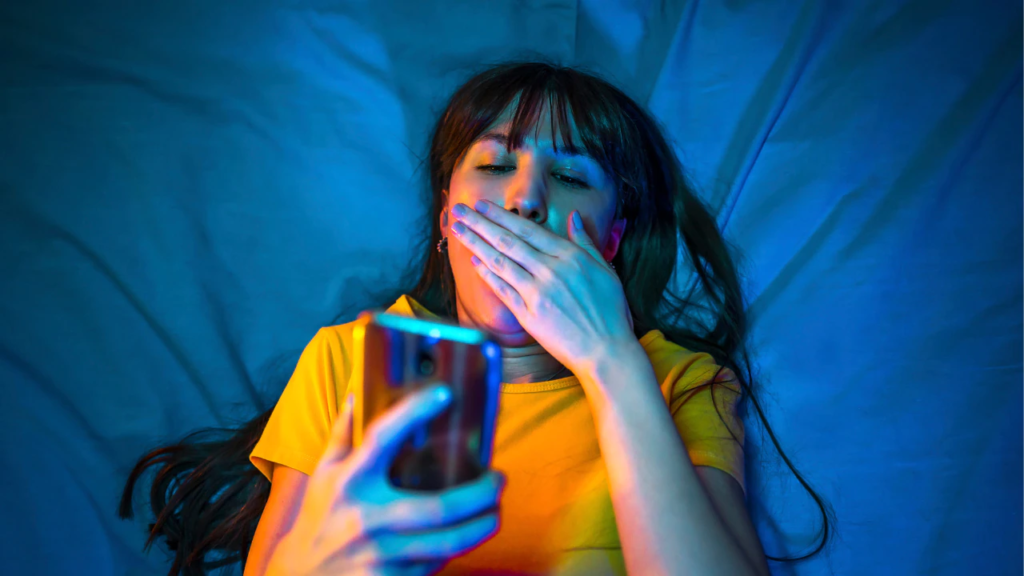It’s long been suggested that sleep is an important part of the weight loss puzzle. But how much does your nightly zzzzs contribute to your ability to lose weight? Sleep expert Olivia Arezzolo explains…
Sleep: it’s free. And we all want more of it, so why is it so hard to get? Specifically – that consistent, restorative, uninterrupted, eight-hours-a-night kinda sleep. Which is why we’ve enlisted Sydney-based sleep expert Olivia Arezzolo to solve our myriad of sleep concerns with our Sleep Well Wednesdays series. Check back every fortnight and you’ll be off to the land of nod before you know it.
When we don’t sleep enough, we know we feel foggy, fatigued and far from enthusiastic. However, what we are less aware of, in terms of inadequate sleep, is how this impacts our weight. And, as an advocate of loving yourself at every size, I’m not saying that we
need to be concerned at weight gain per se, because I testify – it’s great! However, when weight gain is a result of lack of sleep, the problems span beyond your pant size – as you’re about to see.
Factor 1: Cortisol
With inadequate sleep, cortisol rises – a significant 37 per cent, according to one study. As a result, catabolisation – breakdown – of lean muscle mass occurs. That means your metabolism decreases, and even when you eat exactly the same as you usually do, you’ll gain weight. Elevated levels of cortisol also makes us moody and irritable – probably why one in three sleep deprived individuals skip exercise because they are too tired.

Factor 2: Hunger hormones
Notice you get super hungry after a bad night’s sleep? Can’t keep your eyes off the cookie jar? Unable to be satiated? Not your imagination – it’s a genuine side effect. In fact, a 2004 study reported that after two nights of inadequate sleep, hunger hormone ghrelin increased by 28 per cent, satiety hormone leptin decreased by 18 per cent, and hunger increased by 23 per cent. Further, the study also noted that cravings for sugar carbohydrates increased too – by a staggering 48 per cent.
Factor 3: Sugar needs go up
Similarly, another side effect of sleeplessness is a lowered glucose clearance rate – it’s 40 per cent lower, according to a recent study. As this is the rate cells uptake sugar after eating, In practice, this means that in order to get the same burst of energy you usually would, you will need to consume more sugar, compared to when you are well rested.

Factor 3: Fatigue
No surprises here – lack of sleep causes fatigue. As mentioned above, how easy is it to exercise – or sometimes even stand – when you haven’t slept enough? On the other hand, when you wake after a full night’s rest, feel recharged and ready for action, getting to the gym isn’t really an issue – and in fact, it’s something you look forward to! Outside of that, excessive fatigue means even if you do train, you won’t have the same ability to push yourself as much as you otherwise could, which would then compromise workouts.
As you can see, sleepless nights play havoc on your whole system – nervous, hormonal and physiological included. As a result, weight gain is likely – so if you’re not sleeping enough and noticing weight gain, before assessing your calorie intake, assess your sleep.

+ show Comments
- Hide Comments
add a comment